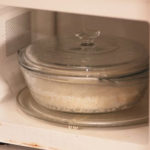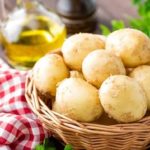Some Vegetables Prone to Pesticide Residues
Lettuce
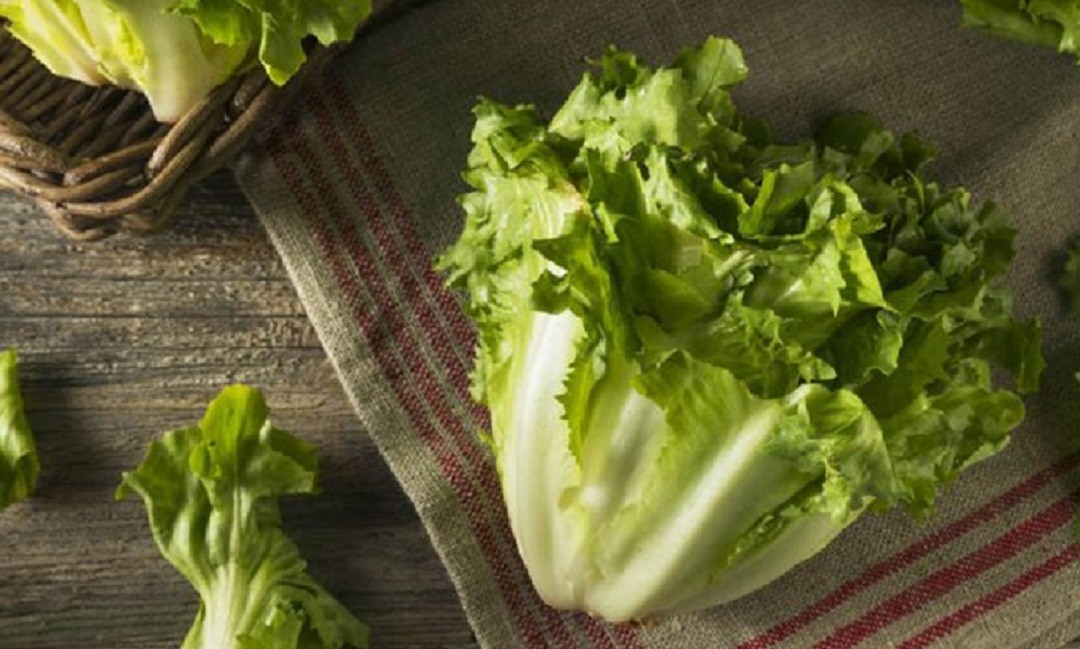
Crisp and refreshing, lettuce is often enjoyed raw.
While green vegetables are typically rich in vitamins, not all are created equal. Notably, 100g of lettuce provides twice the daily recommended intake of vitamin A, along with sufficient beta carotene.
Lettuce can be cooked, added to hot pot, or enjoyed raw in salads and spring rolls, a popular choice for those on diets.
As lettuce is often consumed raw, it’s important to pay attention to its source and thoroughly wash it with salted water to prevent food poisoning from any bacteria present.
Vegetables typically used raw or in salads may contain more pesticide residues than you think. If possible, grow your own or opt for organic alternatives.
Bean Sprouts
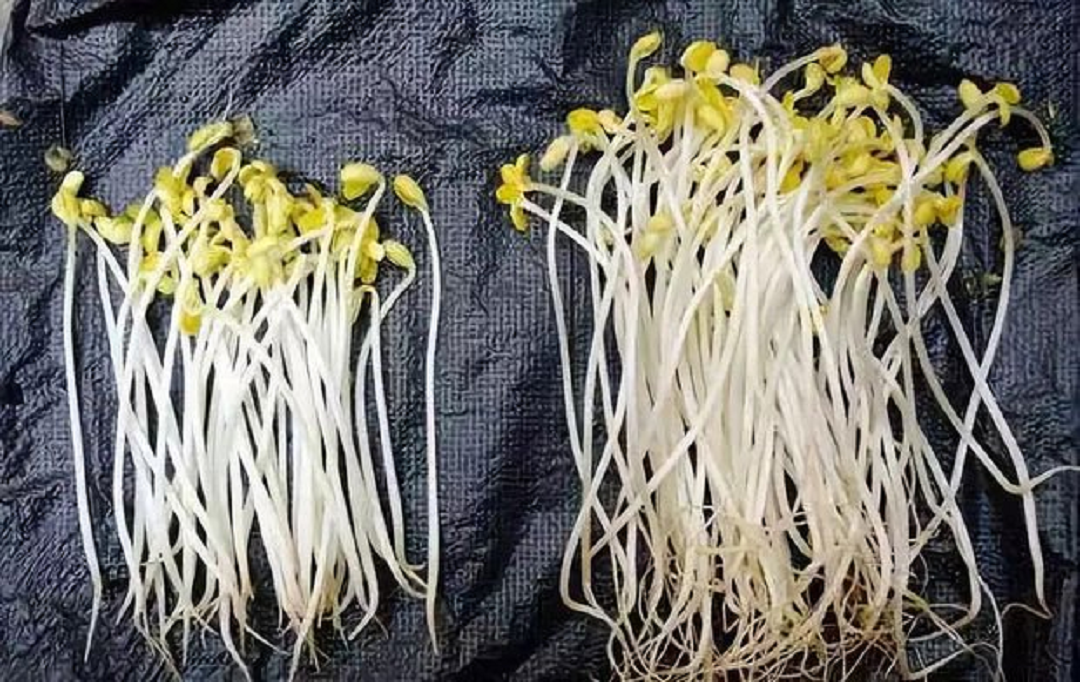 Plump, white, and rootless bean sprouts may be a result of harmful chemical stimulation during production.
Plump, white, and rootless bean sprouts may be a result of harmful chemical stimulation during production.
Bean sprouts are nutrient-rich and popular, but they are often grown with harmful chemicals like urea to stimulate growth, making them dangerous to consume. Opt for sprouts grown without chemicals.
Chemically-treated sprouts are typically plump, white, and long, while untreated sprouts are shorter, less white, and thinner.
In addition to lettuce and sprouts, other vegetables and fruits are prone to high levels of pesticides and growth stimulants, so consumers should be cautious and choose safe, organic options whenever possible.
For a safer option, opt for root vegetables and fruits like potatoes, turnips, tomatoes, zucchini, pumpkin, gourd, and carrots, as these are less likely to contain harmful residues.
– Pesticide residues tend to be higher on vegetables and fruits during the dry season, as rainwater helps wash away some of the chemicals during the rainy season.
– Be cautious with leafy greens and fruits that aren’t peeled, such as water spinach, lettuce, Chinese cabbage, celery, bitter melon, loofah, cucumbers, tomatoes, grapes, and apples.
– Choose fresh, intact produce with natural coloring and a firm texture. Heavier produce often indicates higher water content and freshness.
– Avoid wilted, bruised, or discolored produce, as well as those with strange substances on them. Some fruits may appear fresh on the outside but be decaying inside due to the use of preservatives.
– Refrain from buying pre-peeled and pre-cut produce soaked in water, as the water may be contaminated or contain harmful chemicals to maintain crispness and whiteness, and soluble vitamins like vitamin C may leach into the water.
Ways to Remove Pesticides from Vegetables and Fruits at Home
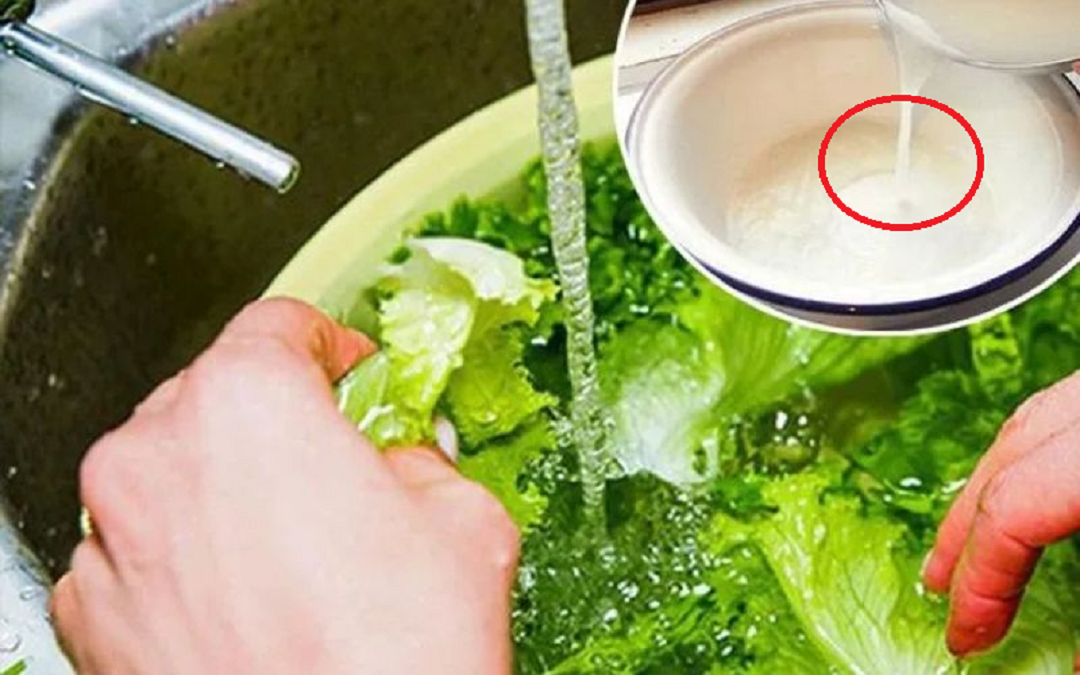
All fresh produce, whether organically grown or conventionally grown with pesticides, should be rinsed under running water to remove dirt and harmful bacteria.
– “Washing doesn’t eliminate the problem, but peeling can help reduce the amount of pesticides entering your body,” advises Dr. Landrigan, Chairman of the Department of Preventive Medicine at Mount Sinai School of Medicine.
– Soak and thoroughly wash each leaf, especially the crevices, and peel fruits. For small leafy vegetables like lettuce and water dropwort, add 1-2 teaspoons of salt to the water to remove insects. For root vegetables and fruits, wash them whole before peeling.
– Soak produce in clean water for 15-20 minutes and rinse multiple times (at least 3-4) in a full basin of water to eliminate most of the pesticide residues and reduce the risk of contamination.
Note: Some vegetables and fruits have thick skins that can protect them from pesticide contamination, such as onions, avocados, pineapples, mangoes, watermelons, and grapefruits. Peeling these can help reduce pesticide intake.
According to Nguoiduatin
























